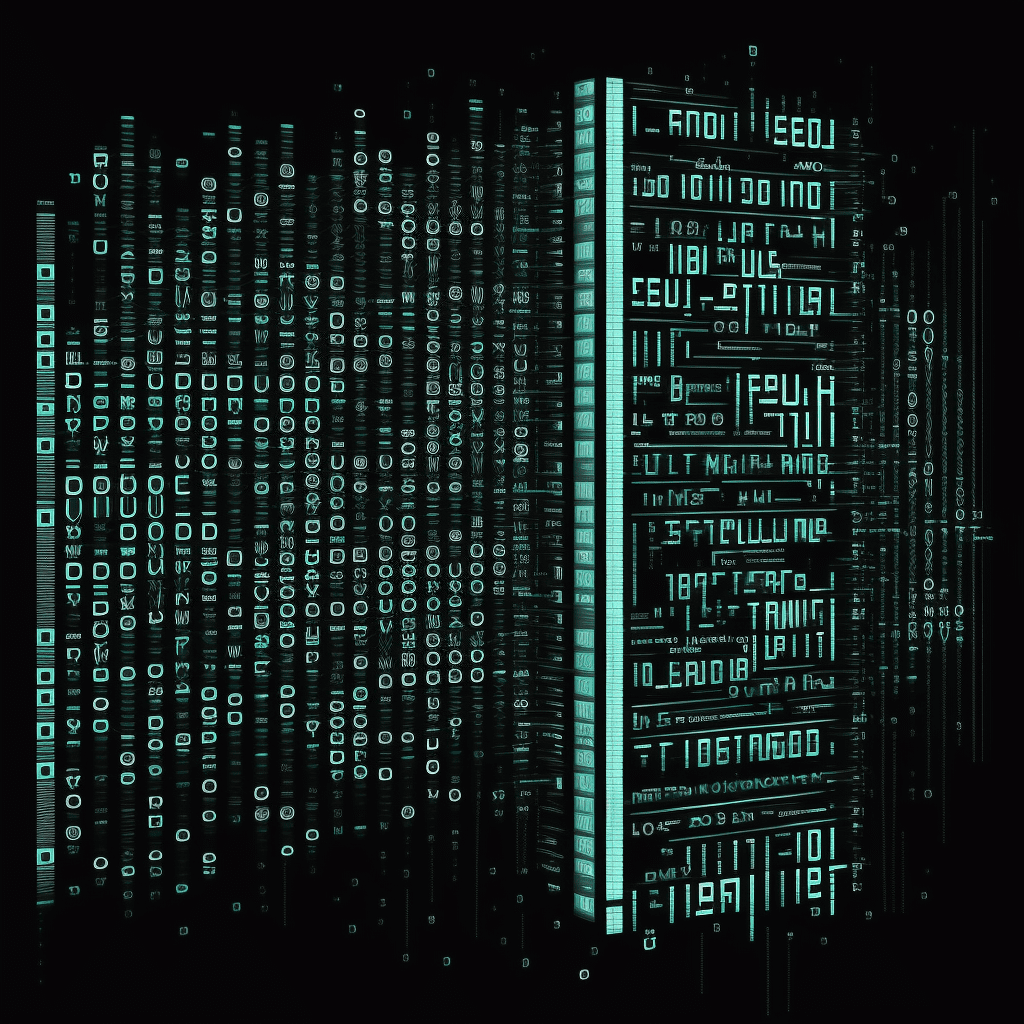
The Rise and Fall of Computer Viruses: Are They Still Relevant Today?
Computer viruses used to be a major concern for computer users worldwide. These malicious programs could wreak havoc on computer systems, causing data loss, system crashes, and even stealing personal information. However, in recent years, it seems like people are no longer as concerned about computer viruses as they used to be. So, what has happened to computer viruses? Are they still relevant, and why don’t people seem to be as concerned about them anymore?
First, it’s important to note that computer viruses are still very much a threat. In fact, the number of malware attacks on businesses and individuals has been increasing in recent years. These attacks can take many forms, including viruses, trojans, ransomware, and more. Cybercriminals are constantly evolving their tactics and finding new ways to breach computer systems and steal sensitive information.
So, why does it seem like people are no longer as concerned about computer viruses? One reason could be that the technology industry has made significant progress in developing better security measures. Antivirus software has become more advanced, and operating systems have built-in security features that can help protect against attacks. In addition, more people are becoming aware of the risks of using unsecured networks and are taking steps to protect their devices.
Another reason could be that people are becoming more complacent about their security. With the rise of cloud computing and the increasing use of mobile devices, people are more likely to store their data online or on a device that they carry with them. This can create a false sense of security, as people assume that their data is safe as long as they have the device in their possession.
However, this complacency can be dangerous. Cybercriminals are still actively targeting individuals and businesses, and a single breach can have significant consequences. Personal data can be stolen, financial accounts can be compromised, and entire computer systems can be taken down. It’s important to remain vigilant and take proactive steps to protect your devices and data.
So, what can you do to protect yourself from computer viruses and other malware?
Here are some tips:
- Use antivirus software: This is one of the easiest and most effective ways to protect your devices from malware. Make sure to keep your antivirus software up to date and run regular scans to detect any potential threats.
- Keep your operating system and software up to date: Software updates often include security patches that can help protect against new threats. Make sure to keep your operating system and software up to date to take advantage of these patches.
- Be wary of suspicious emails and links: Phishing emails and links can be a major source of malware. Be cautious when opening emails from unknown senders or clicking on links from suspicious sources.
- Use strong passwords: A strong password can help prevent unauthorized access to your accounts. Make sure to use a combination of letters, numbers, and symbols, and avoid using the same password for multiple accounts.
- Back up your data: Regularly backing up your data can help protect against data loss in the event of a malware attack or system failure.
Computer viruses and other malware are still very much a threat to individuals and businesses alike. While technology has made significant progress in developing better security measures, it’s important to remain vigilant and take proactive steps to protect your devices and data. By following the tips above and staying informed about the latest threats, you can help keep yourself and your information safe from harm.